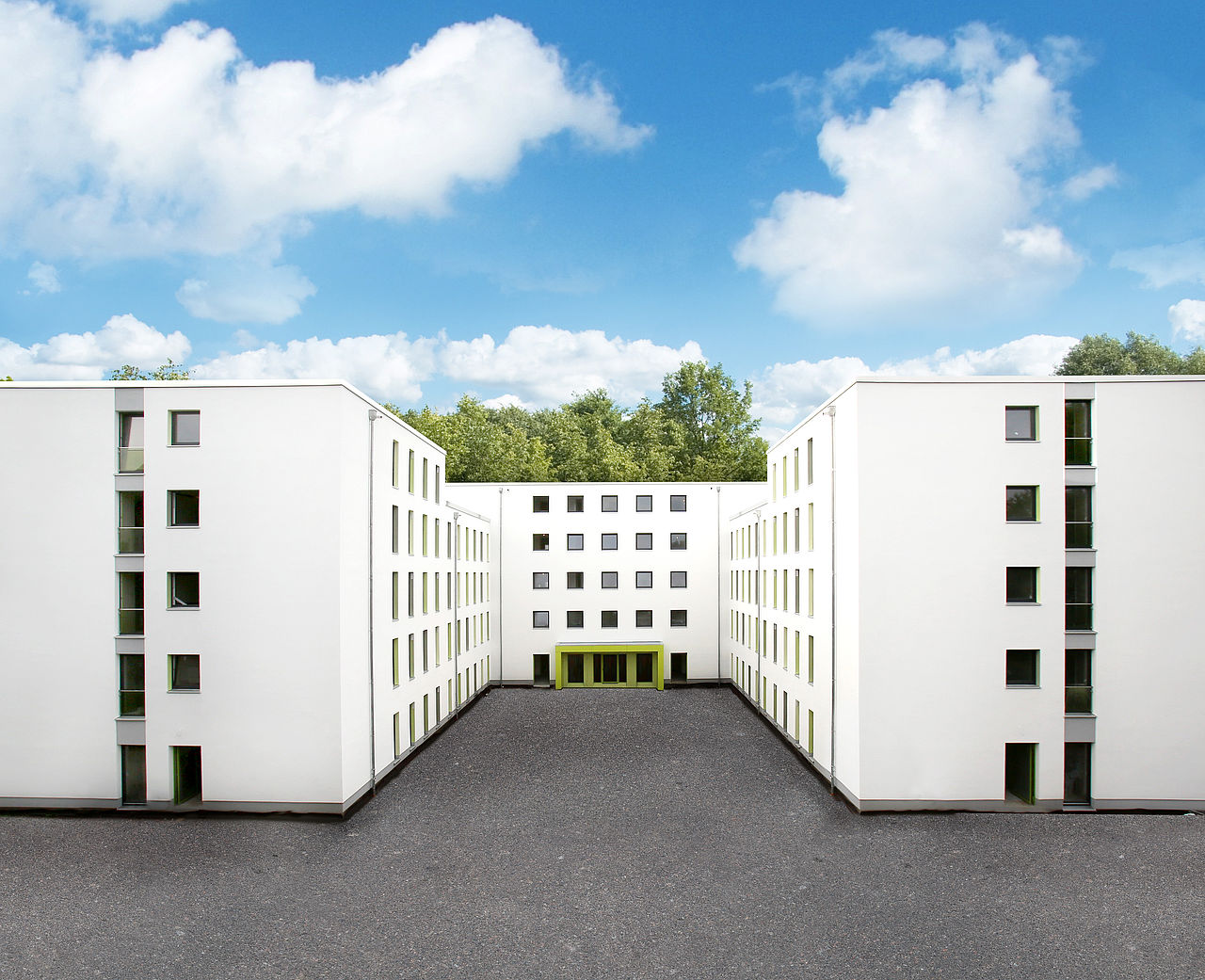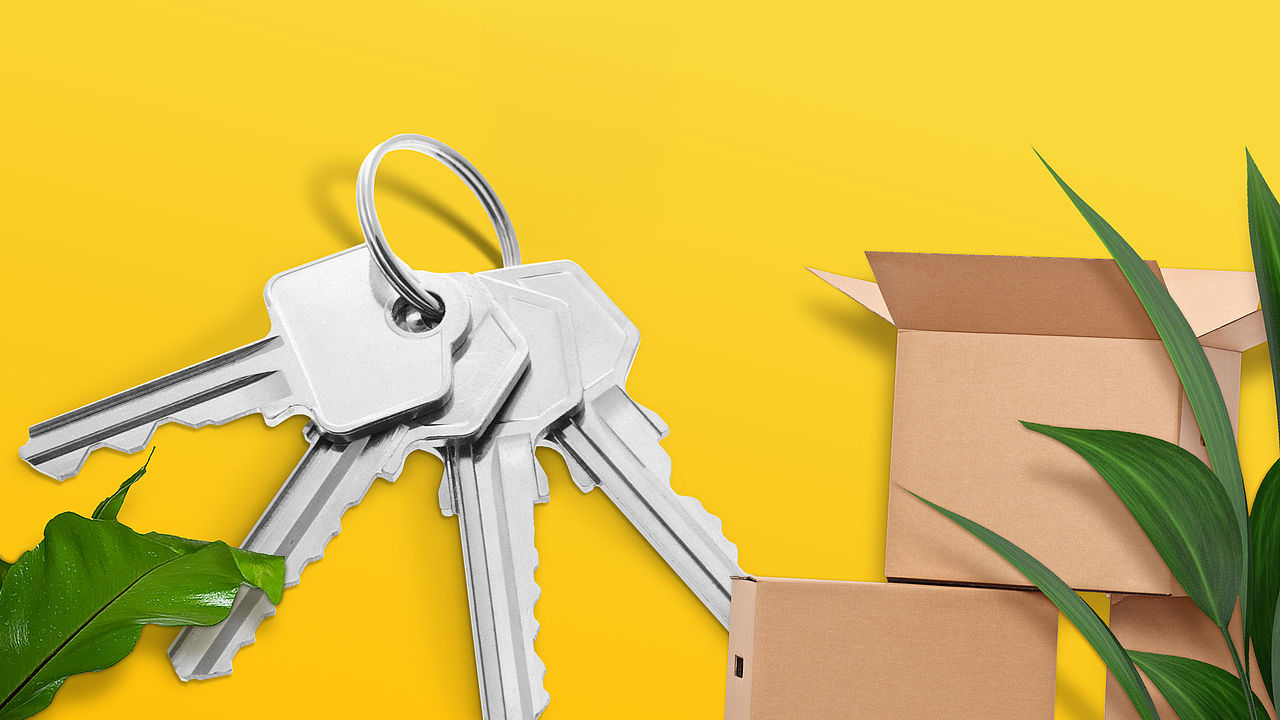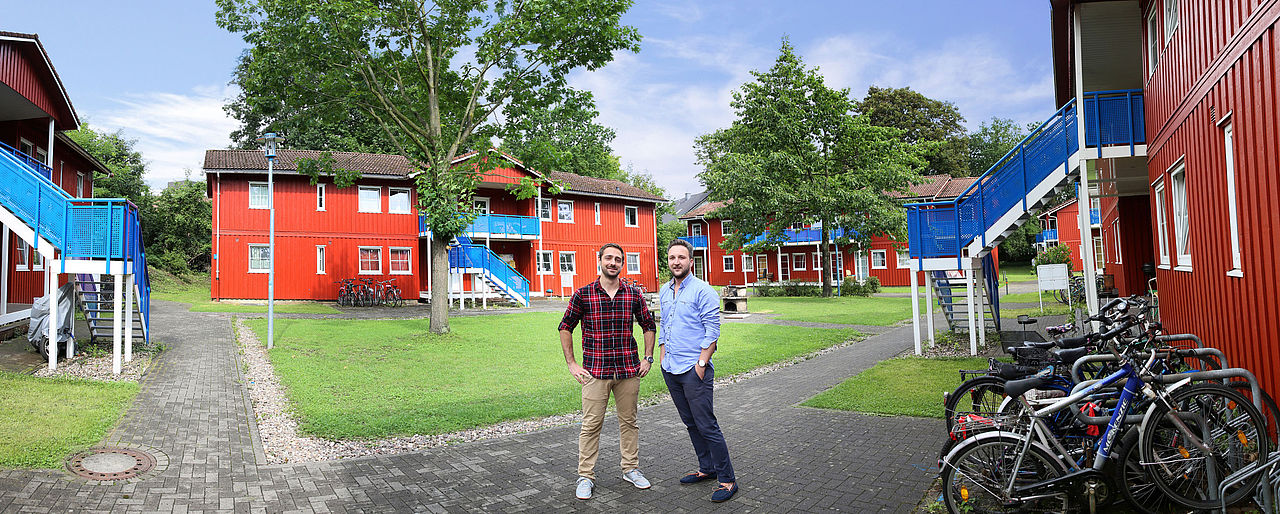Heating and ventilation
Less is often more
A comfortable room temperature is around 20 - 21°C. You can do this by setting the thermostat to a medium setting.
Efficient heating
During longer absences, even if it is only a weekend, you can significantly reduce energy consumption by lowering the room temperature. A reduction of only 1°C reduces consumption by 6%. Temperatures of 12 - 15°C are sufficient to prevent the room from cooling down too much in your absence.
Airing out
If you keep the window open when the heating is on, you’re heating the street. It is better to ventilate briefly but properly: Open the window completely for a few minutes a couple times a day while the heat is turned off.
Steam extraction
It is best to vent the steam after cooking or a hot shower by opening the windows completely, otherwise steam can cause damp and mildew stains. In a three-person household, cooking and showering releases up to 14 litres of steam every day.
Lid on the pot
Cooking without a lid is like heating with an open window. If you put a lid on when cooking, you can save up to 25% of the energy. Also the pot should not be smaller than the hotplate so that the heat is used effectively. If the cooker or oven is switched off early, the remaining heat is sufficient to finish cooking. Vegetables cook more gently in the steam bath. Filling a pot with only a little water at the bottom is usually enough. The water boils faster, everything stays crisp and fresh and rich in vitamins. And another tip: kettles save a lot of time and energy. A kettle boils a litre of water in two and a half minutes - a cooker needs six minutes for the same.
![[Translate to Englisch:] [Translate to Englisch:]](/fileadmin/_processed_/4/2/csm_2F59DA7_e8d176d04a.jpg)







